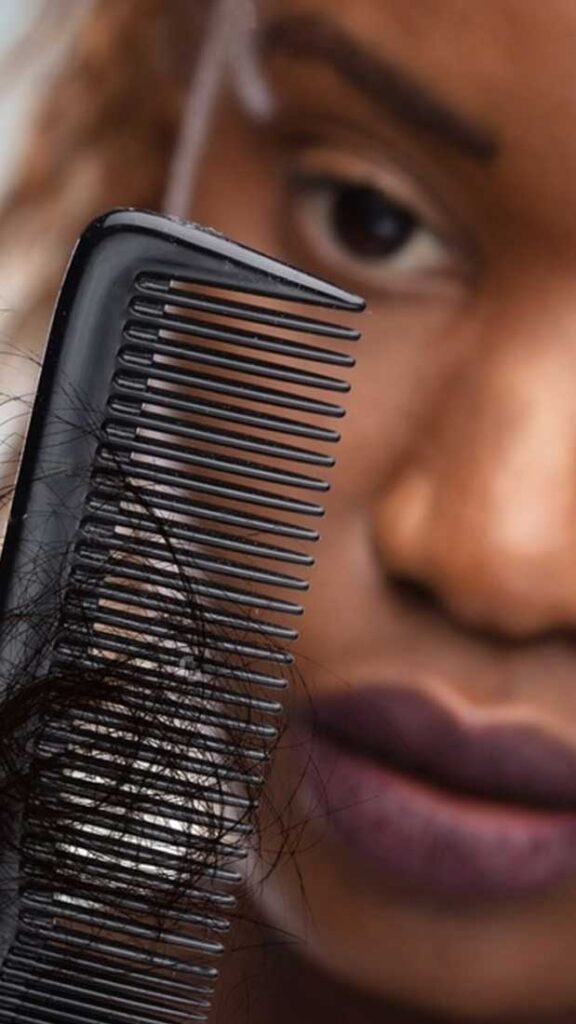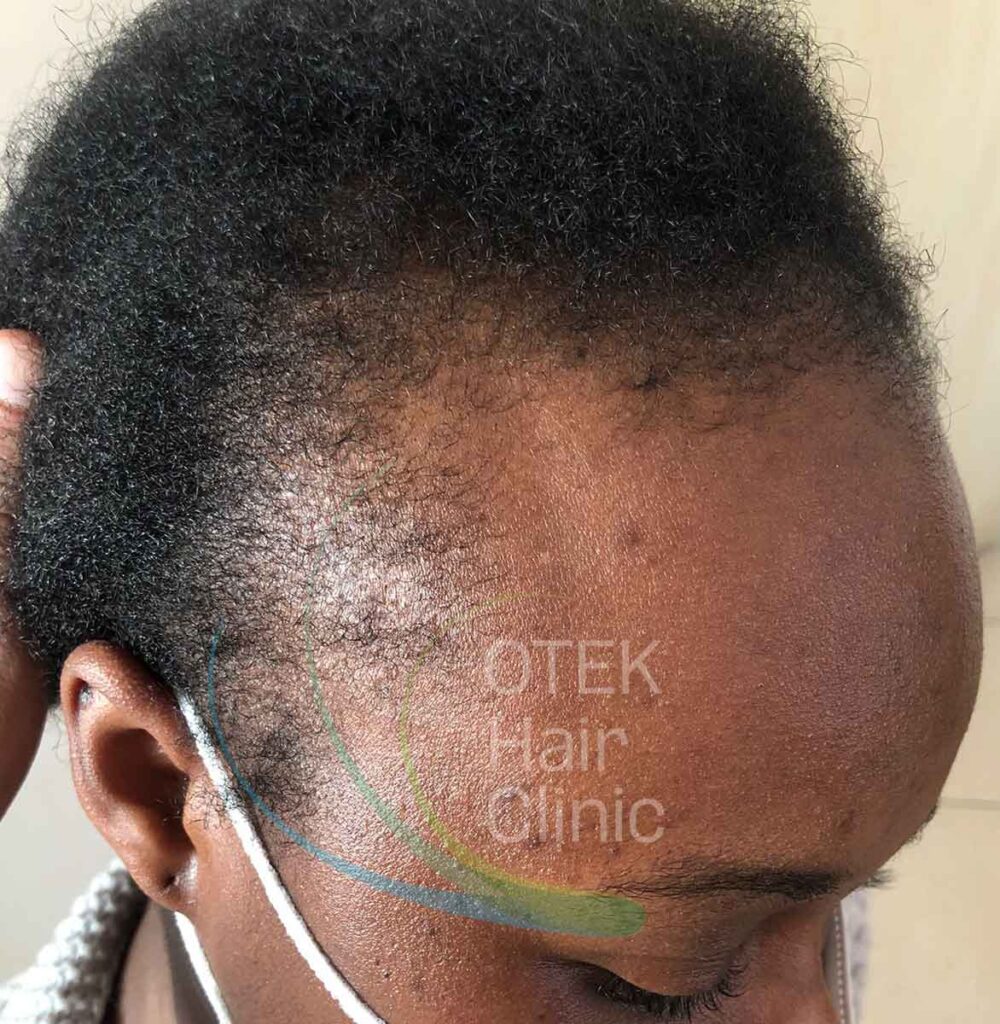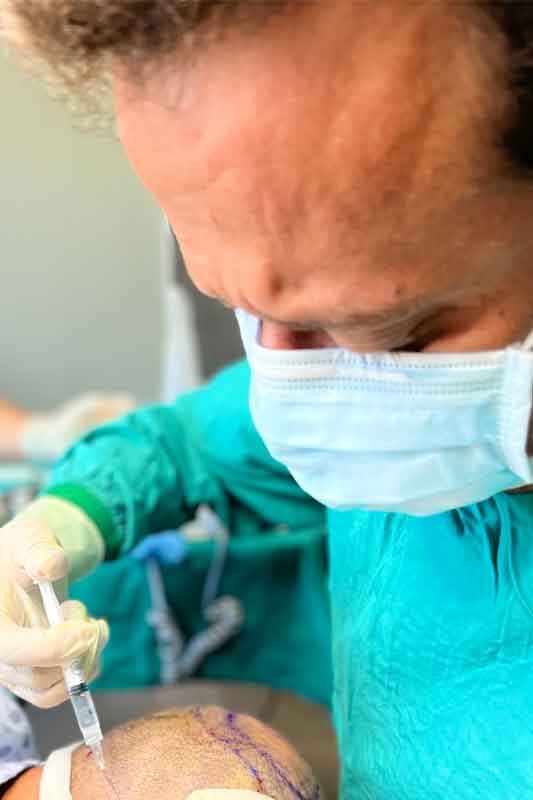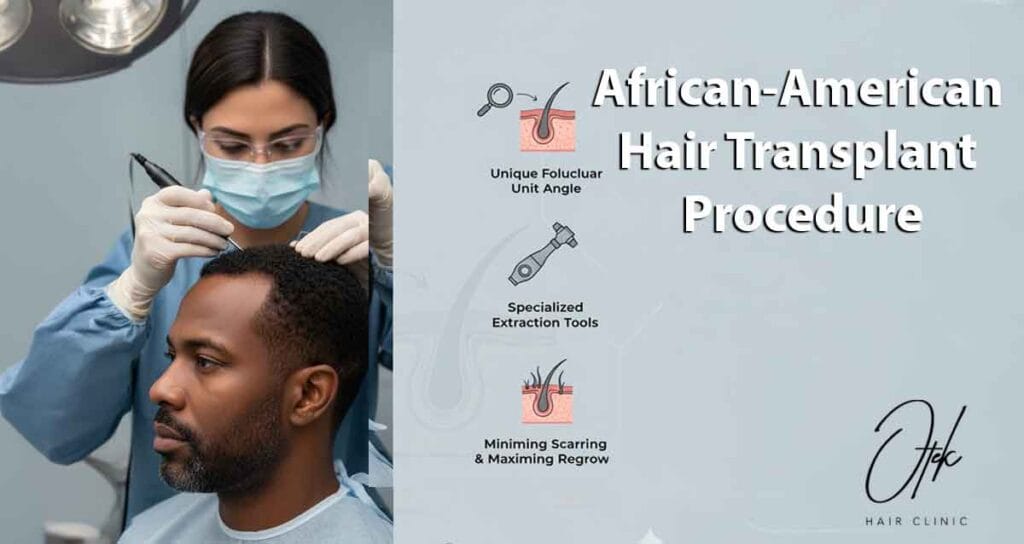
Introduction: Understanding the Specifics of African-American Hair Transplants
Hair transplant procedures can be effective for people of all ethnicities, including African-Americans. However, the unique characteristics of Afro-textured hair necessitate a specialized approach. This article delves into the nuances of hair transplantation for African-American hair.
The Distinct Nature of African-American Hair
African-American, Afro-Caribbean, and black individuals typically have tightly curled hair. This curliness is not just external but extends to the hair follicles beneath the scalp. This unique structure poses specific challenges in hair transplantation.
The Challenges of African-American Hair Transplants
Unique Hair Follicle Structure
The curly nature of the hair follicles in African-American hair requires advanced surgical techniques to ensure successful transplantation.
Keloid Scarring Potential
African-American individuals may have a predisposition to keloid scarring, which needs to be considered during and after the transplant procedure.
Advanced Techniques in African-American Hair Transplants
Follicular Unit Extraction (FUE) and Its Efficacy
FUE technology, which has proven effective on various hair types, is also suitable for Afro-textured hair. This method involves extracting individual hair follicles for transplantation.
Customized Surgical Tools
Specialized punch tools with larger diameters are often used to accommodate the unique curl of Afro-textured hair follicles, minimizing damage during extraction.


Importance of Skilled Surgeons
A hair transplant surgeon experienced in working with African-American hair is essential for achieving optimal results. Dr. Okan, a specialist in ethnic hair transplants, exemplifies the expertise needed for these procedures.
Preoperative Considerations for African-American Hair Transplants
Assessing Hair and Scalp Health
A thorough assessment of hair and scalp health is crucial before proceeding with a hair transplant. This includes evaluating hair texture, curl pattern, and scalp condition.
Planning the Transplant Strategy
A customized approach is necessary, taking into account the individual’s hair loss pattern, desired results, and hair characteristics.
The Hair Transplant Procedure for African-American Hair
Harvesting and Implanting Hair Grafts
Special attention is given to the harvesting and implanting of hair grafts to preserve the integrity of each follicle and prevent infection.
Creating Natural-Looking Hairlines
African-American hair transplants require a skilled approach to design hairlines that look natural and complement the patient’s facial features.
Postoperative Care and Recovery
Managing Healing and Scarring
Postoperative care focuses on promoting healing and minimizing the risk of keloid formation. This includes following a tailored aftercare regimen.
Monitoring for Optimal Results
Regular follow-ups are essential to ensure the transplanted hair is growing correctly and to address any concerns promptly.
Debunking Myths About African-American Hair Transplants
Suitability and Efficacy
Contrary to common misconceptions, African-American individuals are suitable candidates for hair transplants and can achieve successful outcomes.
The Advantage of Curly Hair Roots
The curly and thick nature of African-American hair roots can be advantageous, providing added density and requiring fewer grafts to cover balding areas.
Choosing the Right Surgeon for African-American Hair Transplants
Importance of Expertise in Ethnic Hair
Selecting a surgeon with specific experience in African-American hair transplants is crucial for achieving the desired results.
Consultation and Personalized Treatment Plans
A detailed consultation with a qualified surgeon can help in devising a customized treatment plan based on the patient’s unique hair characteristics.
Conclusion: Embracing Specialized Hair Transplant Solutions
African-American hair transplant procedures require a specialized approach due to the unique characteristics of Afro-textured hair. By choosing a skilled surgeon and following a tailored treatment plan, individuals can effectively address hair loss and achieve natural-looking results. This detailed understanding and specialized care pave the way for successful hair restoration in African-American patients.
Call Us Today for FREE Consultations
ASK A QUESTION

